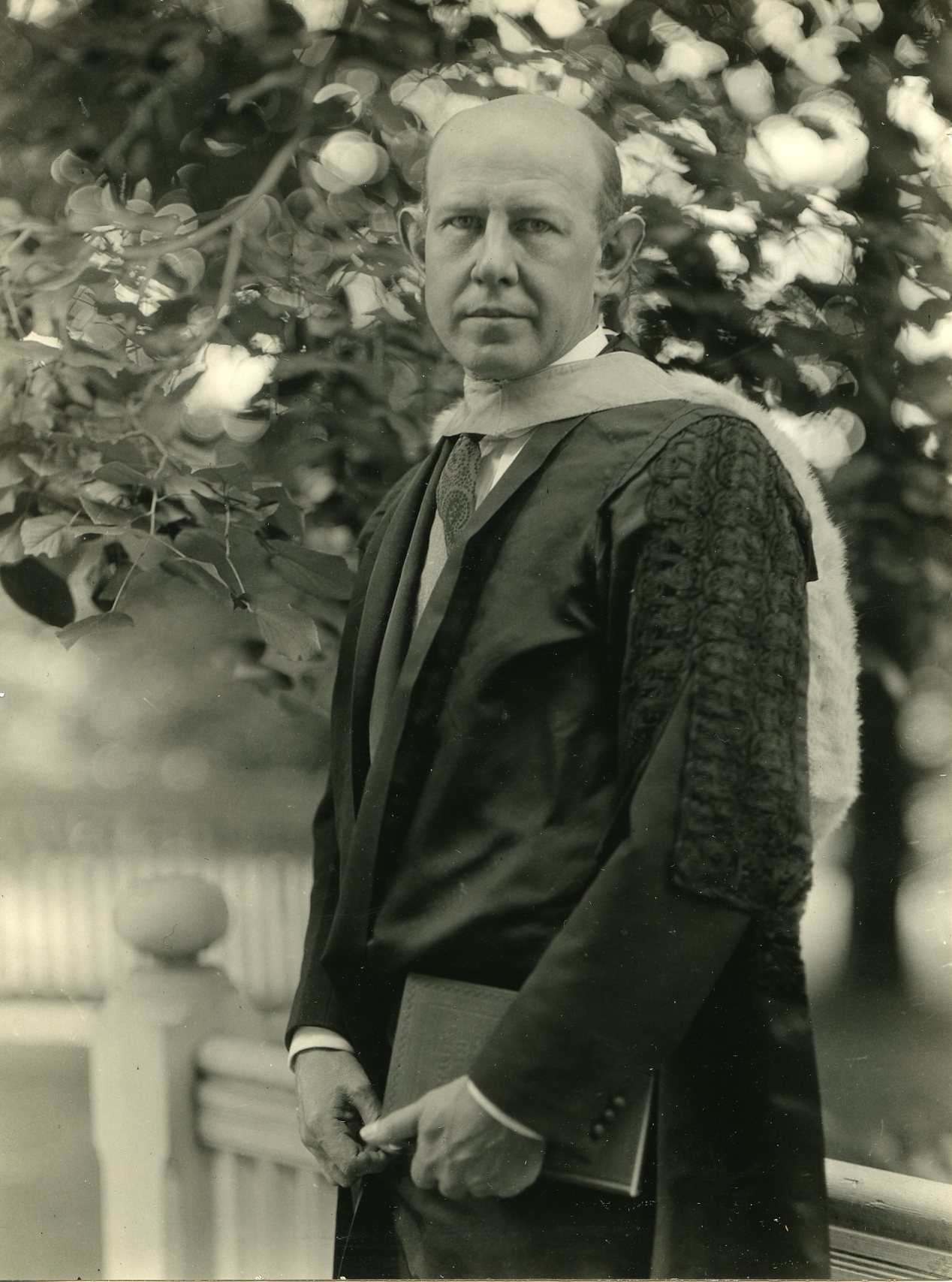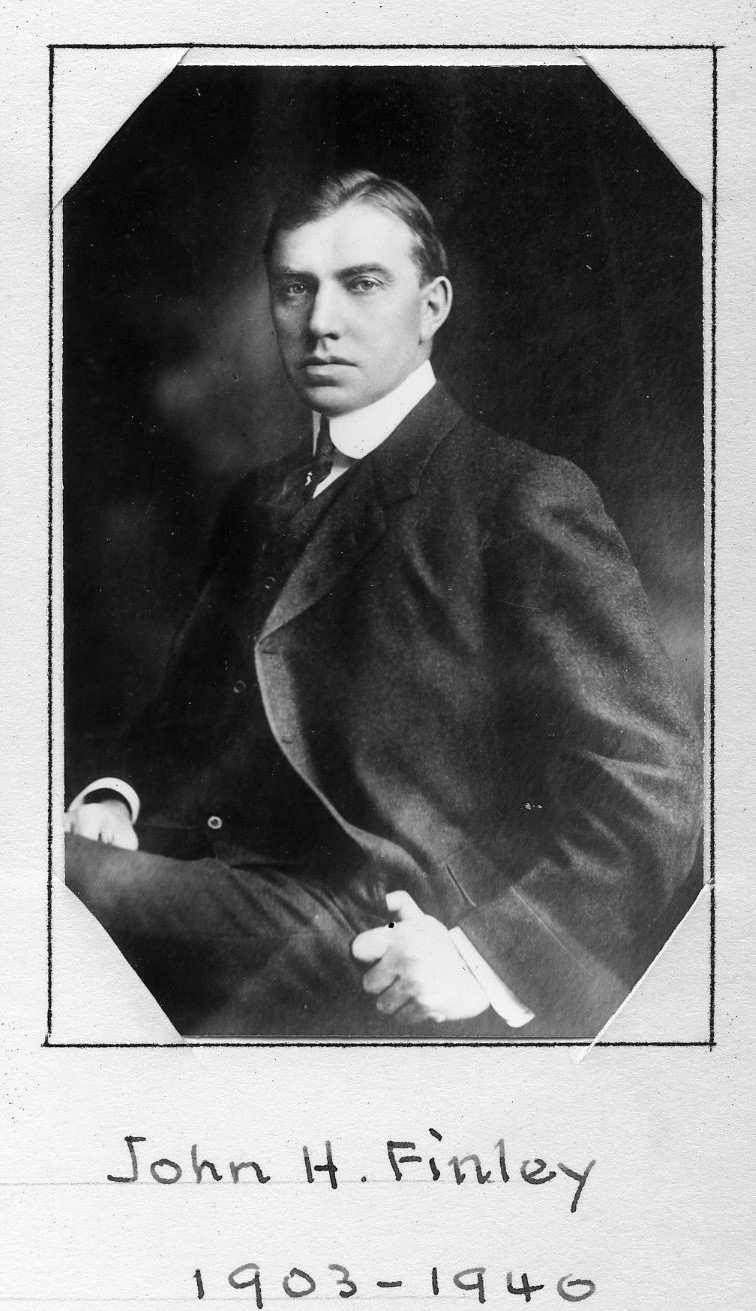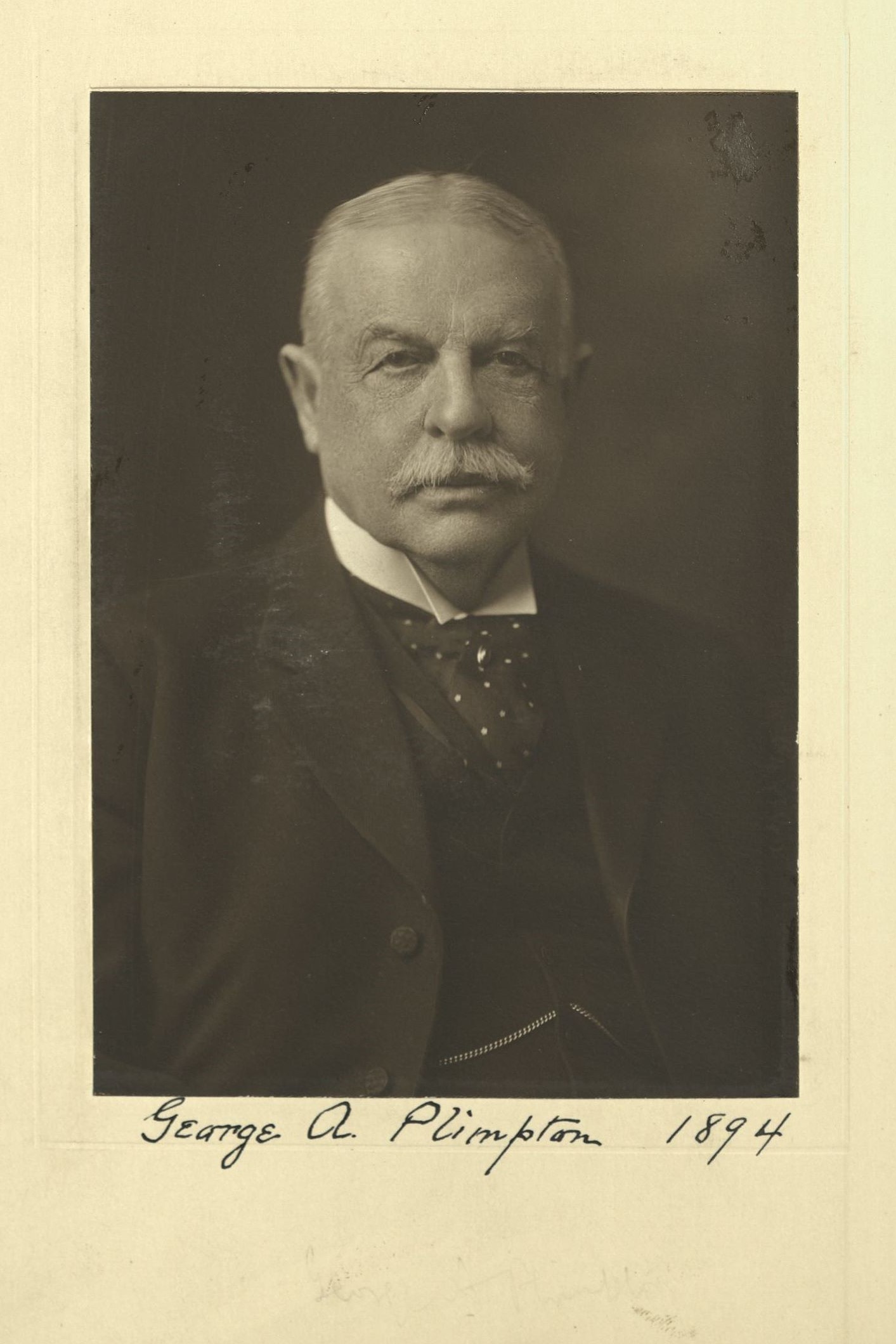Member Directory,
1847 - 1922
Stephen Pierce Duggan
Professor of Education
Centurion, 1916–1950
George A. Plimpton and John Huston Finley
Brinckerhoff, New York
Stamford, Connecticut
Age forty-five

Archivist’s Notes
Father of Stephen P. Duggan
Century Memorial
Dr. Duggan was associated with City College for thirty-five years, rising to the rank of professor of political science and dean of the School of Education. During World War I he conceived the idea of promoting world peace through international education and exchange scholarships. To this end he founded the Institute of International Education, and after 1928 devoted himself exclusively to this.
He was a living refutation of the popular superstition that a scholar can never be an able administrator and that a college professor has, at best, limited practical judgment. For Dr. Duggan was not only a scholar with a wide appreciation of scholarship: he brought to the Institute of International Education and to such ad hoc bodies as the Emergency Committee in Aid of Displaced Foreign Scholars the instinct and talent of true leadership. Those who were privileged to work with him in some of the various public and semi-public responsibilities to which his life was given found a man of clear mind and firm purpose who had the knack of getting things done smoothly and expeditiously, with a minimum of friction and misunderstanding.
It was always a satisfaction to see him in action. His mind was like a searchlight that could be brought to play on one field after another. He was a superb judge of intellectual ability, and he had a quick imagination in estimating the capacity and promise of men. He had, too, a rare gift of lucidity, and a faculty not only to see the point at issue but to dissect it from its extraneous coverings. Having brought it to light, he clarified it and held it up for inspection, thus confining the debate to essential principles.
And with it all, he was a genuinely modest man. Although his opinions were strong and well defined, they were clothed in a tolerant kind of understanding. He could be persistent in argument, but he was never dogmatic, never arbitrary, and certainly never harsh. He had the gentleness of the true scholar, the detachment and forbearance of those who have faced ideas on many fronts. He knew intuitively what many of us find difficult to learn: that the willing acceptance of life, with all its visitations and changes, is, in the last analysis, the distinguishing characteristic of the man who is master of himself.
George W. Martin
1951/1952 Century Association Yearbook




